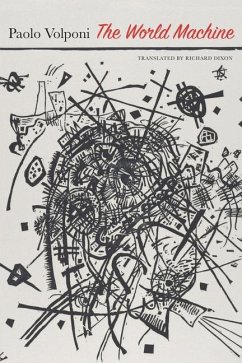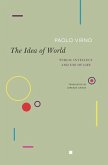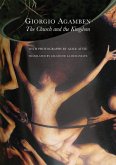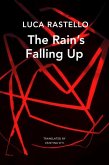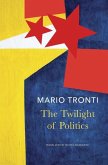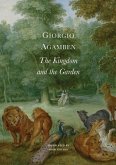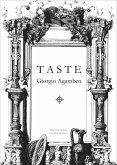A vivid and unforgettable novelistic portrait of rural Italy, exploring the nature of reality and the human condition. A small-time farmer living in central Italy in the 1960s is the keeper of a great truth: that people are machines built by other beings who are machines themselves. Our true destiny is to build ever better machines so that society can become a techno-utopia in which friendship can be established among all people on earth. These ideas bring him into conflict with everyone, especially his wife, against whom he is accused of ill-treatment. His quest takes him to Rome, where he presents his truth, hoping it will bring him worldwide recognition. Behind his poetical reveries and unfathomable scientific notions lies the disturbing fragility of a lone, paranoid, and deluded man in conflict with everyone, including himself. Paolo Volponi's unique novel The World Machine examines the relationship between rural life and the modern city, as well as the subversive idealism of a society still firmly anchored in the past, dominated by the Church, and unable to grasp the need for change.
Bitte wählen Sie Ihr Anliegen aus.
Rechnungen
Retourenschein anfordern
Bestellstatus
Storno

